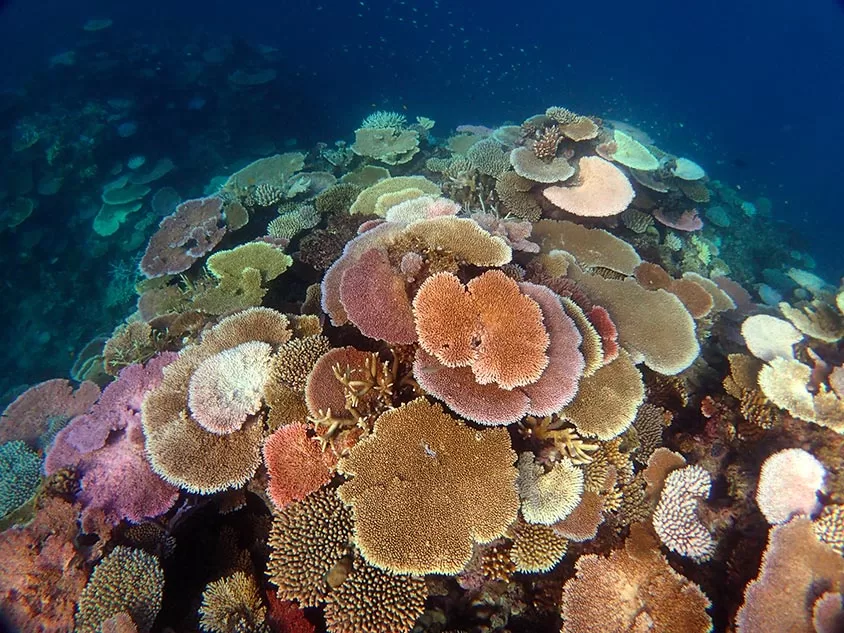New Discovery About Coral’s Resilience Could Give Hope to Reefs in the Face of Climate Change

New Discovery About Coral's Resilience Could Give Hope to Reefs in the Face of Climate Change
Climate change is a major threat to coral reefs around the world. Rising ocean temperatures are causing coral bleaching, which can weaken and kill corals. However, a new study has made a surprising discovery about coral’s resilience that could help reefs survive climate change.
The study, published in the journal Global Change Biology, found that offspring from coral populations that are less heat-tolerant can actually perform better in high temperatures than offspring from heat-tolerant populations. This suggests that the ability of coral offspring to handle heat may be influenced by various factors, including whether and how often their parents have bleached in the past or suffered other environmental pressures.
The findings of the study could have important implications for efforts to save coral reefs. For example, it suggests that scientists may not need to focus solely on breeding more heat-tolerant corals. They may also be able to help reefs adapt to climate change by protecting and restoring less heat-tolerant coral populations.
The study also highlights the importance of understanding the complex factors that influence coral resilience. By learning more about how corals respond to environmental stressors, scientists can better develop strategies to protect and conserve these vital ecosystems.
What can be done to help coral reefs survive climate change?
In addition to reducing greenhouse gas emissions, there are a number of things that can be done to help coral reefs survive climate change. These include:
- Protecting coral reefs from local stressors such as pollution and overfishing.
- Restoring degraded coral reefs.
- Developing new technologies to help coral reefs adapt to climate change.
- Supporting research on coral resilience.
How can I help coral reefs?
There are a number of things that individuals can do to help coral reefs, such as:
- Reducing their carbon footprint.
- Avoiding using sunscreen that contains oxybenzone and octinoxate, as these chemicals can harm coral reefs.
- Supporting organizations that are working to protect and conserve coral reefs.
- Educating others about the importance of coral reefs and the threats they face.
By taking these steps, we can all help to ensure that coral reefs survive for future generations.




